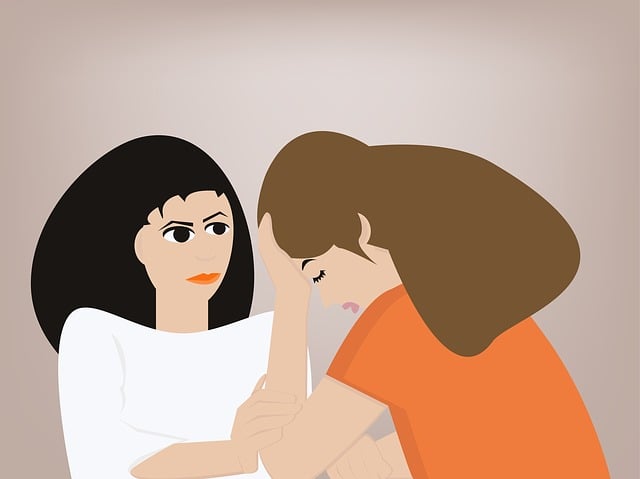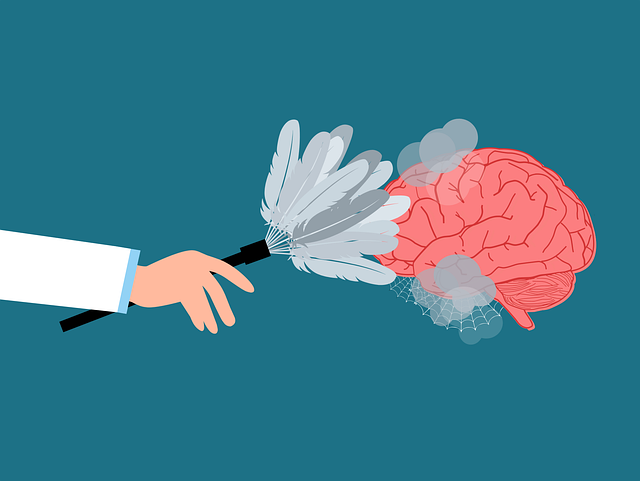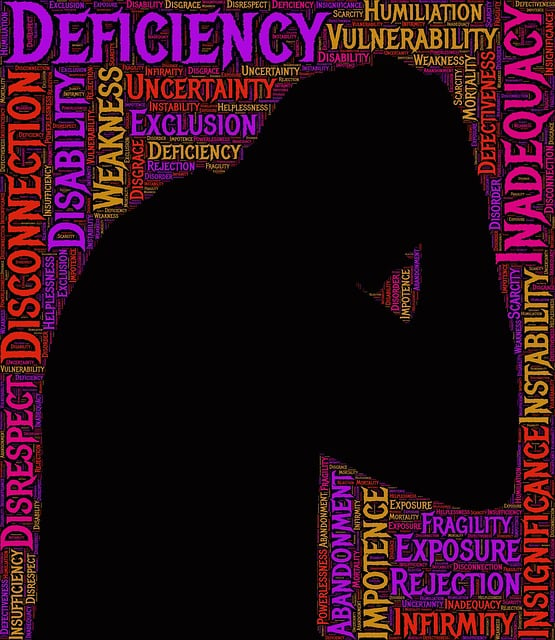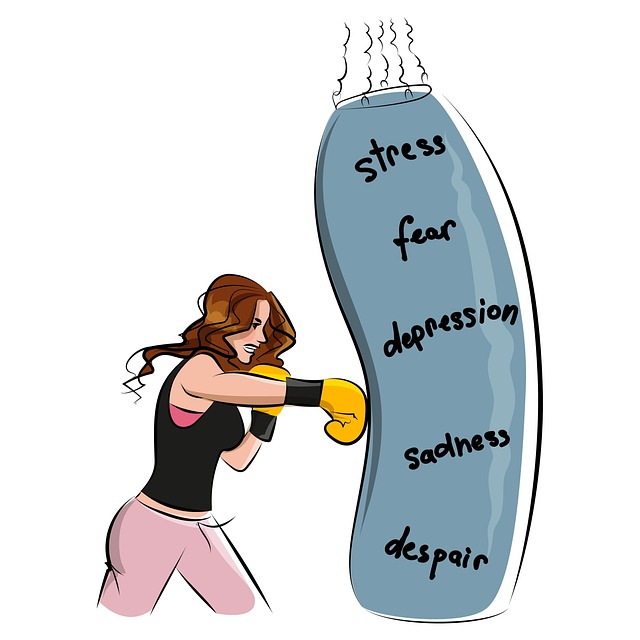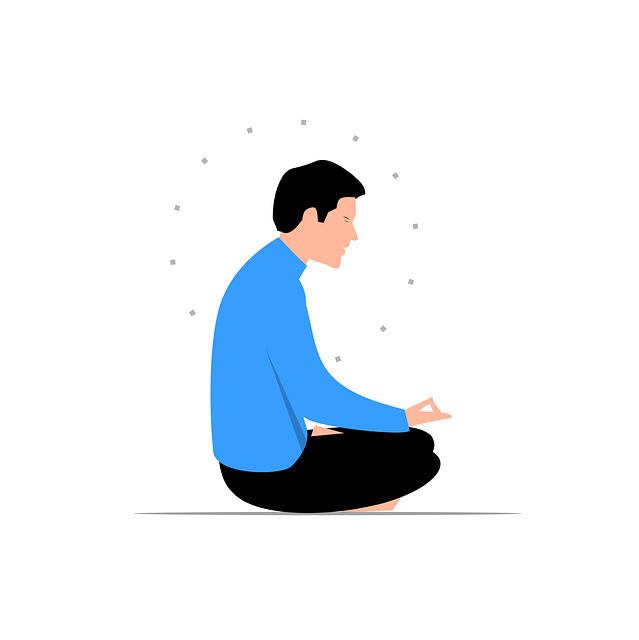Stress, especially chronic stress, poses significant risks to mental and physical health, with elevated cortisol levels linked to anxiety, depression, sleep issues, and cardiovascular problems. Boulder Self-Esteem Therapy offers a holistic solution by empowering individuals to confront negative thought patterns, build resilience, and manage moods effectively. This approach combines mindfulness practices, cognitive reframing, and self-care strategies for improved emotional regulation, enhanced well-being, and easier navigation of life's challenges. By incorporating nature walks, creative pursuits, and quality time with loved ones, Boulder Self-Esteem Therapy fosters a sense of belonging and self-esteem, ultimately promoting mental health and community well-being.
Stress reduction is vital for maintaining optimal mental health, and there are numerous methods to achieve this. This article explores various strategies to combat stress, from understanding its effects on mental well-being to adopting holistic approaches like Boulder Self-Esteem Therapy. We delve into lifestyle changes, the power of mindfulness, and relaxation techniques, offering a comprehensive guide to fostering a calmer mindset. Discover how these practices can transform your life and enhance overall resilience.
- Understanding Stress and Its Impact on Mental Health
- Boulder Self-Esteem Therapy: A Holistic Approach to Stress Reduction
- Lifestyle Changes for a Calmer Mindset
- The Power of Mindfulness and Relaxation Techniques
Understanding Stress and Its Impact on Mental Health

Stress is a common experience that can stem from various aspects of life—work, relationships, financial pressures, and health concerns to name a few. While acute stress can be manageable, chronic stress can have significant negative impacts on both mental and physical health. It’s characterized by prolonged activation of the body’s stress response, leading to increased levels of cortisol, often referred to as the “stress hormone.” This condition can result in anxiety, depression, sleep disturbances, and even cardiovascular issues over time.
In today’s fast-paced world, adopting effective stress reduction methods is crucial for maintaining good mental health. Boulder Self-Esteem Therapy, for instance, focuses on empowering individuals to challenge negative thought patterns and build resilience. By utilizing mind over matter principles and empathy building strategies, therapy sessions help clients develop healthier coping mechanisms, enhancing their ability to navigate life’s challenges with greater ease and equanimity.
Boulder Self-Esteem Therapy: A Holistic Approach to Stress Reduction

Boulder Self-Esteem Therapy offers a holistic approach to stress reduction, focusing on the interconnectedness of mental, emotional, and physical well-being. Unlike traditional therapy models that often isolate specific issues, this method recognizes that stress is not just a psychological phenomenon but is deeply rooted in our overall lifestyle and self-perception. By addressing low self-esteem, which can be a significant contributor to burnout prevention, Boulder Self-Esteem Therapy empowers individuals to manage their moods more effectively.
This therapeutic approach incorporates various techniques tailored to each individual’s unique needs, including mindfulness practices, cognitive reframing, and self-care strategies. By fostering self-acceptance and encouraging positive thinking patterns, clients develop a stronger sense of resilience, enabling them to navigate life’s challenges with greater ease. In light of the growing importance of mental health policy analysis and advocacy, Boulder Self-Esteem Therapy provides an innovative framework that can contribute to improved mood management and overall community well-being.
Lifestyle Changes for a Calmer Mindset

Adopting a calmer mindset starts with thoughtful lifestyle changes. One effective approach is integrating practices that enhance mental wellness and burn out prevention. Activities such as regular exercise, mindfulness meditation, and maintaining a balanced diet can significantly reduce stress levels and improve overall well-being. These simple yet powerful tools have been shown to boost not just your physical health but also your social skills training by promoting better emotional regulation and communication.
For instance, incorporating nature walks into your routine can provide a serene environment conducive to clearing the mind. Additionally, engaging in creative pursuits or spending quality time with loved ones can foster a sense of belonging and self-esteem, as supported by Boulder Self-Esteem Therapy. By making these sustainable lifestyle changes, individuals can cultivate resilience against stress and enhance their ability to navigate life’s challenges more peacefully.
The Power of Mindfulness and Relaxation Techniques

Mindfulness and relaxation techniques have gained immense popularity as effective stress reduction methods, especially in today’s fast-paced world. These practices encourage individuals to focus on the present moment, fostering a sense of calm and clarity. By cultivating awareness of one’s thoughts and sensations without judgment, people can learn to detach from stressful triggers, leading to improved mental resilience.
Boulder Self-Esteem Therapy, for instance, incorporates mindfulness exercises tailored to enhance self-care practices. Through regular practice, individuals can develop a stronger sense of mental wellness coaching programs, enabling them to navigate life’s challenges with greater ease. These techniques not only reduce stress but also contribute to overall well-being by promoting healthy coping mechanisms and building resilience against life’s ups and downs.
In exploring stress reduction methods, from understanding its impact on mental health to adopting holistic approaches like Boulder Self-Esteem Therapy, we’ve uncovered powerful tools for cultivating a calmer mindset. By integrating lifestyle changes and mindfulness techniques into our daily lives, we can significantly enhance our overall well-being. Remember that stress management is a personal journey, and finding the right combination of strategies will create a lasting positive impact on your mental health.
